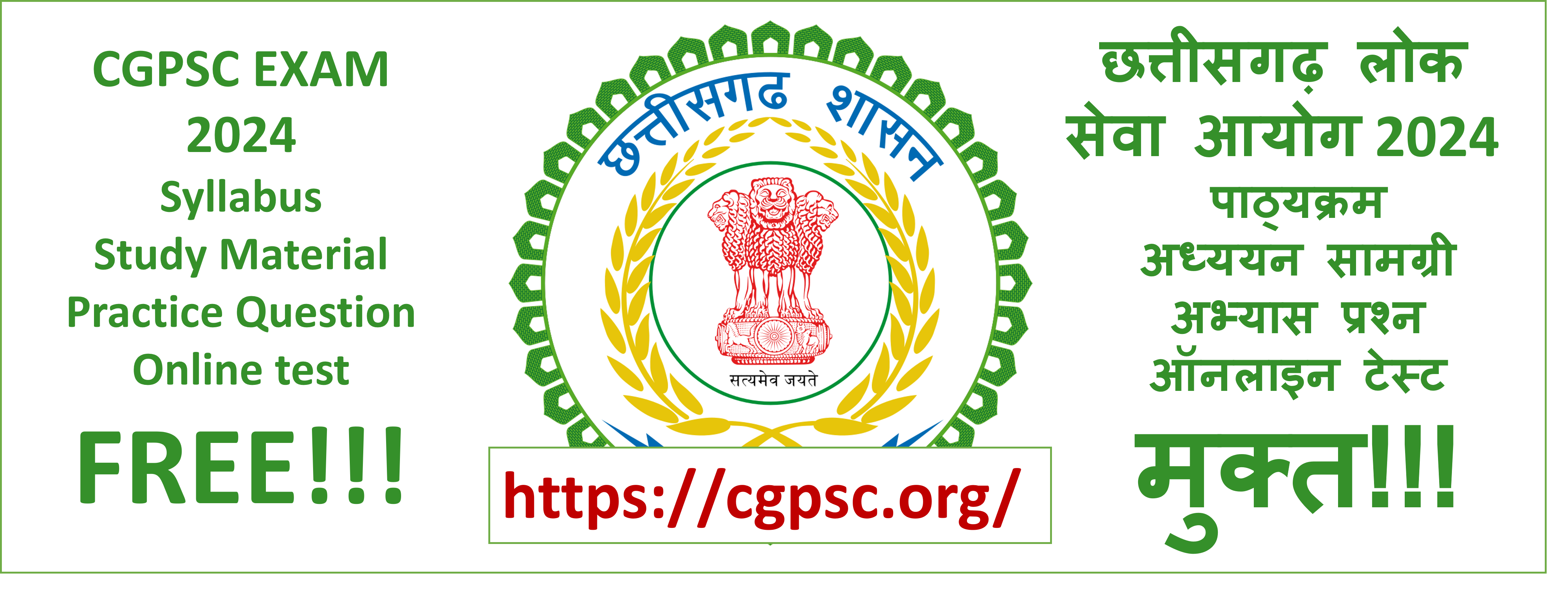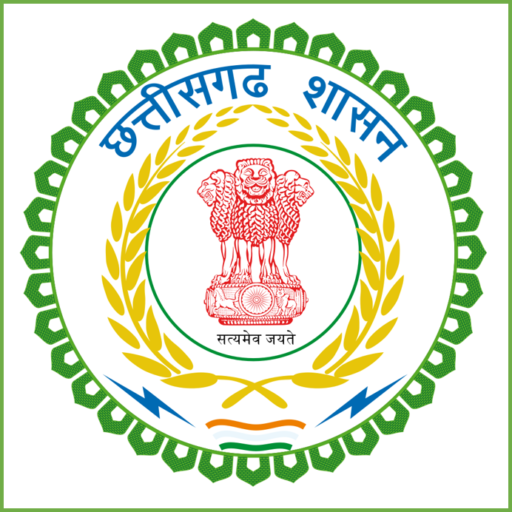Part 1 – General Studies: Constitution and political system of India

| Question | Correct Answer |
|---|---|
| The President of India can promulgate ordinances under which Article? | Article 123 |
| The ‘Fundamental Duties’ were added to the Indian Constitution by which amendment? | 42nd Amendment |
| The Indian Constitution provides for a bicameral Parliament consisting of: | Lok Sabha and Rajya Sabha |
| The term of the Lok Sabha can be extended beyond five years by the Parliament during: | National Emergency |
| The ‘Right to Privacy’ is protected under which Article of the Indian Constitution? | Article 21 |
| The power to increase or decrease the area of any state in India rests with: | The Parliament |
| The ‘Municipalities’ are mentioned in which part of the Indian Constitution? | Part IX-A |
| The ‘Right to Education Act’ was enacted in which year? | 2009 |
| The ‘Office of Profit’ is defined under which Article of the Indian Constitution? | Article 102 |
| The ‘Attorney General of India’ is appointed by: | The President |
| The ‘Controller and Auditor General of India’ is appointed by: | The President |
| The ‘Election Commission of India’ is a: | Constitutional body |
| The ‘National Human Rights Commission’ was established in which year? | 1993 |
| The ‘Planning Commission’ was replaced by which institution? | NITI Aayog |
| The ‘Inter-State Council’ was established under which Article? | Article 263 |
| The ‘Sarkaria Commission’ was related to: | Centre-State relations |
| The ‘Anti-Defection Law’ is contained in which schedule of the Indian Constitution? | Tenth Schedule |
| The ‘Goods and Services Tax (GST) Council’ is chaired by: | The Finance Minister |
| The ‘Constituent Assembly’ adopted the National Anthem on: | 24th January 1950 |
| The ‘National Development Council’ was set up in: | 1952 |
Choose the correct answer
Question 1: The President of India can promulgate ordinances under which Article?
Option 1: Article 123
Option 2: Article 213
Option 3: Article 226
Option 4: Article 368
Correct Answer: Article 123
Question 2: The ‘Fundamental Duties’ were added to the Indian Constitution by which amendment?
Option 1: 42nd Amendment
Option 2: 44th Amendment
Option 3: 52nd Amendment
Option 4: 86th Amendment
Correct Answer: 42nd Amendment
Question 3: The Indian Constitution provides for a bicameral Parliament consisting of:
Option 1: Lok Sabha and Rajya Sabha
Option 2: Lok Sabha and Vidhan Sabha
Option 3: Rajya Sabha and Vidhan Parishad
Option 4: Lok Sabha and President
Correct Answer: Lok Sabha and Rajya Sabha
Question 4: The term of the Lok Sabha can be extended beyond five years by the Parliament during:
Option 1: National Emergency
Option 2: State Emergency
Option 3: Financial Emergency
Option 4: None of the above
Correct Answer: National Emergency
Question 5: The ‘Right to Privacy’ is protected under which Article of the Indian Constitution?
Option 1: Article 19
Option 2: Article 20
Option 3: Article 21
Option 4: Article 22
Correct Answer: Article 21
Question 6: The power to increase or decrease the area of any state in India rests with:
Option 1: The President
Option 2: The Parliament
Option 3: The Supreme Court
Option 4: The State Legislature
Correct Answer: The Parliament
Question 7: The ‘Municipalities’ are mentioned in which part of the Indian Constitution?
Option 1: Part IX
Option 2: Part IX-A
Option 3: Part X
Option 4: Part XI
Correct Answer: Part IX-A
Question 8: The ‘Right to Education Act’ was enacted in which year?
Option 1: 2002
Option 2: 2005
Option 3: 2009
Option 4: 2010
Correct Answer: 2009
Question 9: The ‘Office of Profit’ is defined under which Article of the Indian Constitution?
Option 1: Article 102
Option 2: Article 103
Option 3: Article 104
Option 4: Article 105
Correct Answer: Article 102
Question 10: The ‘Attorney General of India’ is appointed by:
Option 1: The President
Option 2: The Prime Minister
Option 3: The Chief Justice of India
Option 4: The Parliament
Correct Answer: The President
Question 11: The ‘Controller and Auditor General of India’ is appointed by:
Option 1: The President
Option 2: The Prime Minister
Option 3: The Finance Minister
Option 4: The Parliament
Correct Answer: The President
Question 12: The ‘Election Commission of India’ is a:
Option 1: Statutory body
Option 2: Constitutional body
Option 3: Executive body
Option 4: Judicial body
Correct Answer: Constitutional body
Question 13: The ‘National Human Rights Commission’ was established in which year?
Option 1: 1990
Option 2: 1993
Option 3: 1995
Option 4: 1998
Correct Answer: 1993
Question 14: The ‘Planning Commission’ was replaced by which institution?
Option 1: NITI Aayog
Option 2: Finance Commission
Option 3: GST Council
Option 4: UIDAI
Correct Answer: NITI Aayog
Question 15: The ‘Inter-State Council’ was established under which Article?
Option 1: Article 263
Option 2: Article 264
Option 3: Article 265
Option 4: Article 266
Correct Answer: Article 263
Question 16: The ‘Sarkaria Commission’ was related to:
Option 1: Centre-State relations
Option 2: Electoral reforms
Option 3: Judicial reforms
Option 4: Economic reforms
Correct Answer: Centre-State relations
Question 17: The ‘Anti-Defection Law’ is contained in which schedule of the Indian Constitution?
Option 1: Tenth Schedule
Option 2: Ninth Schedule
Option 3: Eighth Schedule
Option 4: Seventh Schedule
Correct Answer: Tenth Schedule
Question 18: The ‘Goods and Services Tax (GST) Council’ is chaired by:
Option 1: The President
Option 2: The Prime Minister
Option 3: The Finance Minister
Option 4: The RBI Governor
Correct Answer: The Finance Minister
Question 19: The ‘Constituent Assembly’ adopted the National Anthem on:
Option 1: 24th January 1950
Option 2: 26th January 1950
Option 3: 15th August 1947
Option 4: 26th November 1949
Correct Answer: 24th January 1950
Question 20: The ‘National Development Council’ was set up in:
Option 1: 1948
Option 2: 1950
Option 3: 1952
Option 4: 1954
Correct Answer: 1952
Home

Leave a Reply